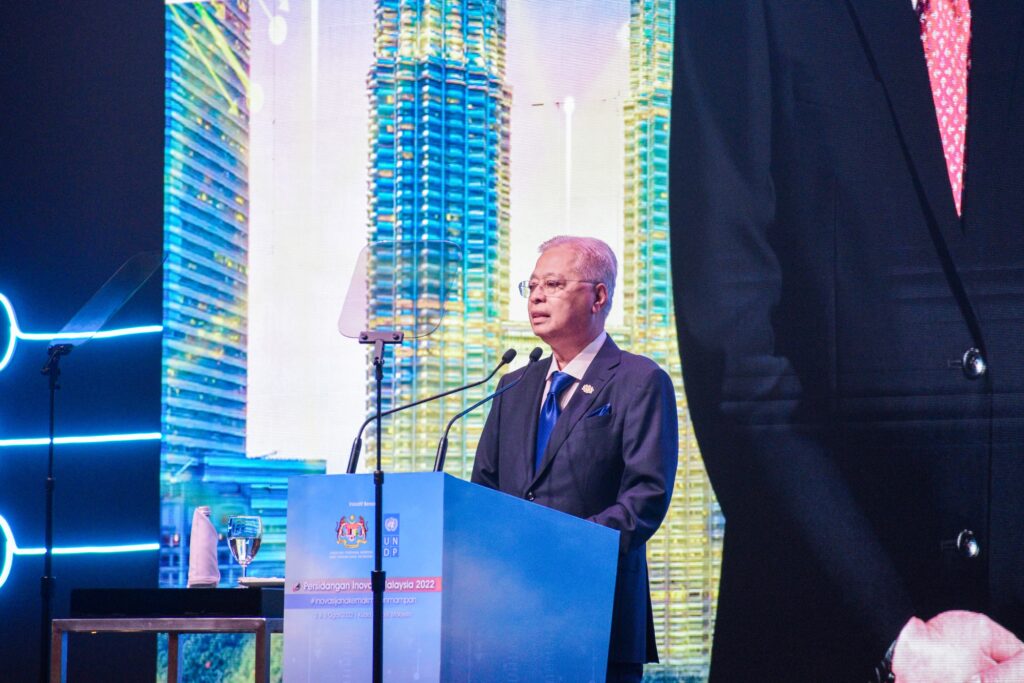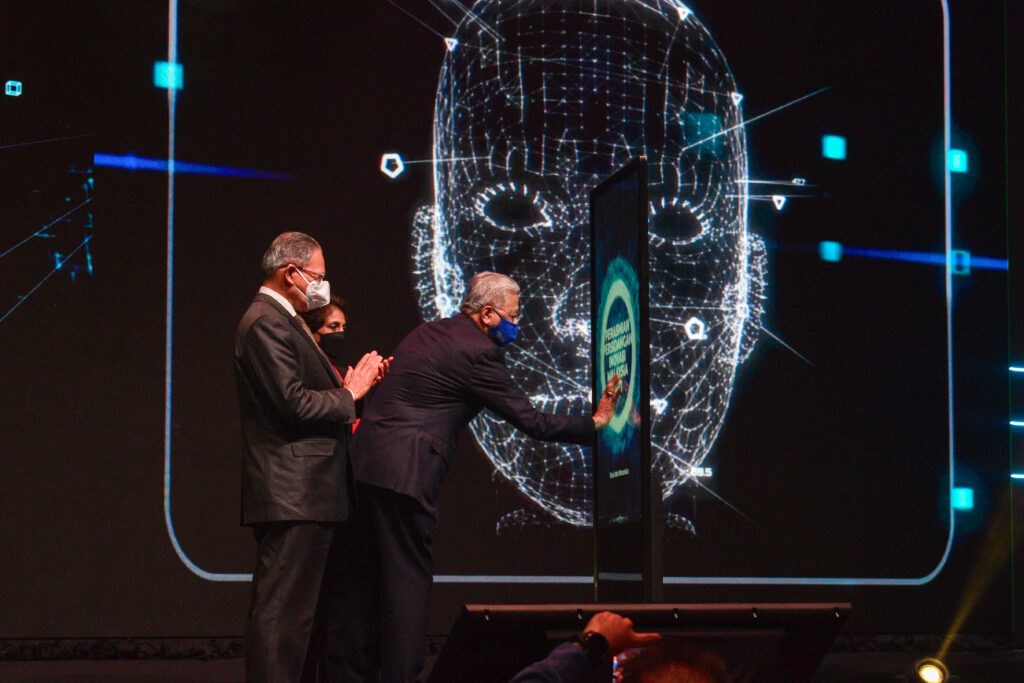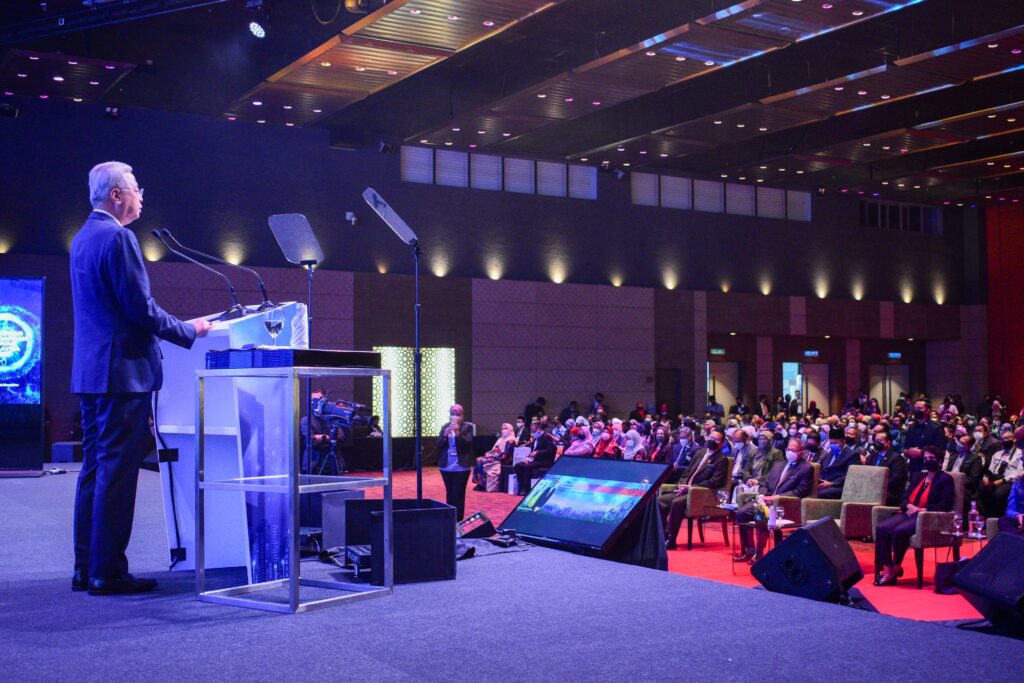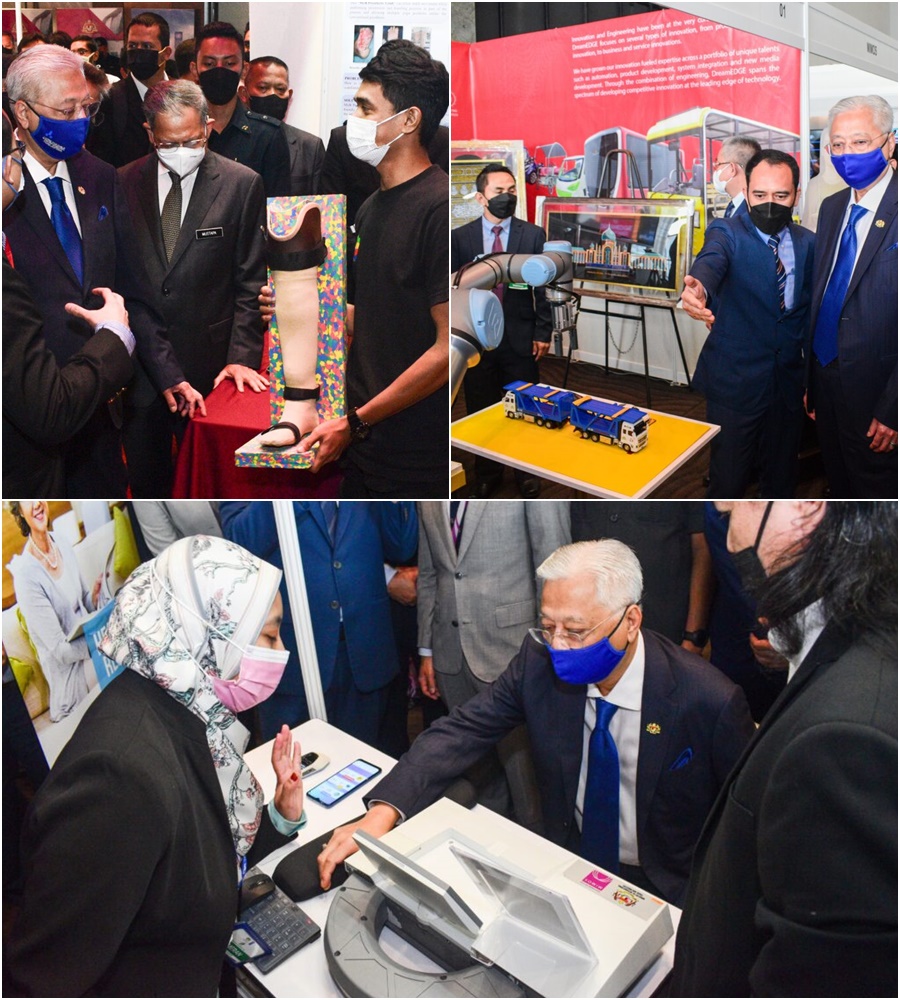Under the 12th Malaysia Plan for the period 2021 to 2022, the government has approved 99 research, development, commercialisation and innovation (R&D and C&I) projects and programmes costing RM5.6 billion for the innovation sector in Malaysia.
This was said by the Prime Minister YAB Dato’ Sri Ismail Sabri Yaakob in his speech during the Malaysia Innovates Conference 2022 taking place on 2 August 2022.

He added that at least 50 per cent of the total R&D expenditure must be directed for experimental development research, in addition to produce more technology inventors as well as local technology entrepreneurs to generate wealth and economic growth.
“In 2025, the percentage of gross for R&D expenditure (or GERD) to the country’s GDP is expected to reach 2.5 per cent, compared to only 1.04 per cent in 2018,”

“For this purpose, the contribution of the private sector is targeted to reach 70 per cent of the total R&D expenditure, with alternative funding sources including venture capital, international funding and endowment funds also being increased,” he said.
Describing the innovation scene in Malaysia, YAB Dato’ Sri Ismail said that Malaysia’s R&D and C&I landscape is different from developed countries because almost 80 per cent of researchers in the country in 2018 are from institutions of higher education while 97.4 percent are of micro, small and medium enterprises.
In addition, out of approximately 5,435 start-ups from 2010 to 2020, only five percent of start-ups are technology-based companies.
“Therefore, for a short- and medium-term approach, collaboration among researchers and entrepreneurs need to be implemented to increase innovation local,”
“This is in line with the Malaysian Start-up Ecosystem Roadmap 2021-2030 (SUPER), which targets 5,000 start-up companies and five unicorn-class companies worth over US$1 billion by 2025,” he added adding that as of now, Malaysia only has one company with unicorn status which is CARSOME Sendirian Berhad.
Therefore, YAB Dato’ Sri Ismail said that more incentives should be provided to create more start-up-based companies technology including devising an open innovation ecosystem strategy to stimulate national innovation through the mobilisation of ideas from all parties involved.
In his speech, he also said that the Government through the Ministry of Science, Technology and Innovation (or MOSTI) and the Malaysian Academy of Sciences is developing the Malaysian Open Science platform to intensify data sharing between researchers and industry.
YAB Dato’ Sri Ismail added that three entities had been established to develop the innovation ecosystem, which are;

- First entity – the Research Management Unit, under the Economic Planning Unit (EPU) of the Prime Minister’s Department, to coordinate and organise the national research strategy.
- Second entity – the Malaysian Research Accelerator for Technology and Innovation, under the Technology Commercialisation Accelerator programme, aimed at boosting commercialisation activities between academia and industry
- Third entity – the Malaysian Science Endowment, under the purview of the Ministry of Science, Technology and Innovation (MOSTI) and the Malaysian Academy of Sciences, which will create alternative funding for R&D and C&I through collaboration between industry and international bodies.
“All three entities need to work together to ensure R&D and C&I results and intellectual property become value-added products that can put Malaysia at par with advanced innovation-based countries such as South Korea, Switzerland and Singapore,” said YAB Dato’ Sri Ismail.






